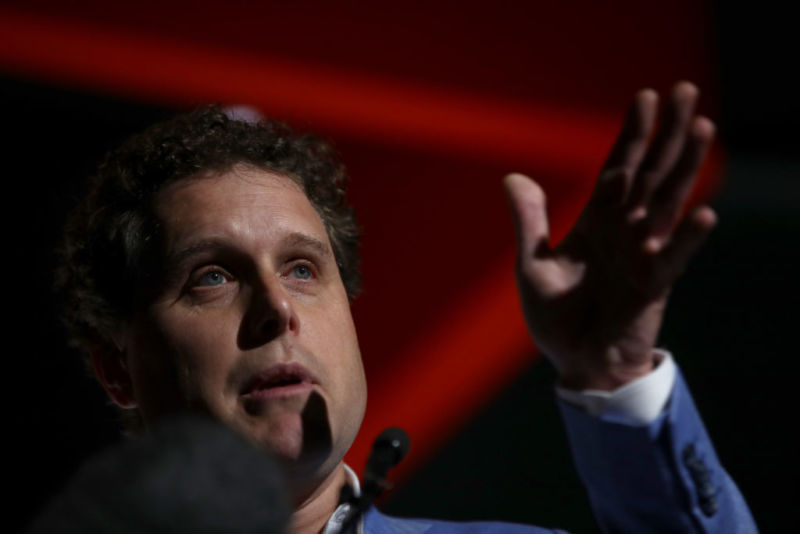
Peter Beck has been having a pretty great June. Earlier this month, he was made a Knight Companion of the New Zealand Order of Merit. Then, Sir Peter Beck presided as Rocket Lab launched its 50th Electron rocket, becoming the fastest company to launch its 50th privately developed booster.
Finally, last week, Rocket Lab revealed that it had signed its largest launch contract ever: 10 flights for the Japanese Earth-observation company Synspective. Ars caught up with Beck while he was in Tokyo for the announcement. What follows is a lightly edited transcript of our conversation, which touches on a variety of launch-related issues.
Ars Technica: Hi Pete. We’ve talked about competition in small launch for years. But when I tally up the record of some of your US competitors—Firefly, Astra, Relativity Space, Virgin Orbit, and ABL—they’re 7-for-21 on launch attempts. And if you remove the now-retired rockets, it’s 1-for-6. Some of these competitors have, or did, exist for a decade. What does this say about the launch business?
Peter Beck: Well, I think you said it. It is a hard business. But there are a few things here. Firstly, I think we brought the right product to the market at the right time. You need two things to be successful in this game, right? You need a steady stream of customers, and you need to build something that can be produced, and then you produce it. Both those things have to go hand in hand. If you lay the first rocket that we ever built, Flight 1 against Flight 50, the rockets are largely the same. We didn’t put a minimum viable product on the pad and then have to go back and redesign it. That was important because we came out of the gate with Flight 2, Flight 3, and Flight 4 all in quick succession. We built something to be produced. It’s often said that production of rockets is just way harder than building the first one, and I think that’s accurate.
Ars: Why is that?
Beck: So when you’re first building your first five or 10 rockets, you know, they’re built by engineers with plenty of time to lovingly pore over every detail. By the time you get to rocket 50, it’s built by a skilled technician on the shop floor reading instructions. And you’ve got apprentices, you’ve got new people you’re training through, and, you know in order to build them reliably, you have to have all of the engineering or all of the company’s systems in place. It’s MRP systems [material requirements planning], ERP systems [enterprise resource planning], supply chain, finance. That’s what makes a production line work and roll.
Ars: Why do you think Rocket Lab has succeeded where your competitors have struggled to get to their first launch and then reach a high cadence?
Beck: I always liken building a rocket company to running through a maze at night. You just can’t make mistakes. And I’m not arrogant to say that we haven’t made mistakes, but you can make engineering mistakes. You can’t go down engineering dead ends. And if you look at the funding profile as well, we weren’t the pre-ordained winners in this. I remember running around Silicon Valley trying to raise $5 million at a time. Everybody would look at Virgin Orbit and say, “Well, how are you competing with Richard Branson?” For all intents and purposes, he had infinite capital. We have a saying here at Rocket Lab that we have no money, so we have to think. We’ve never been in a position to outspend our competitors. We just have to out-think them. We have to be lean and mean. If I had to boil it down to one succinct thing you could put in an article, I would say it’s being ruthlessly efficient and not making mistakes.
